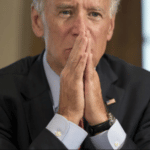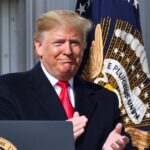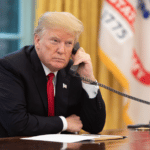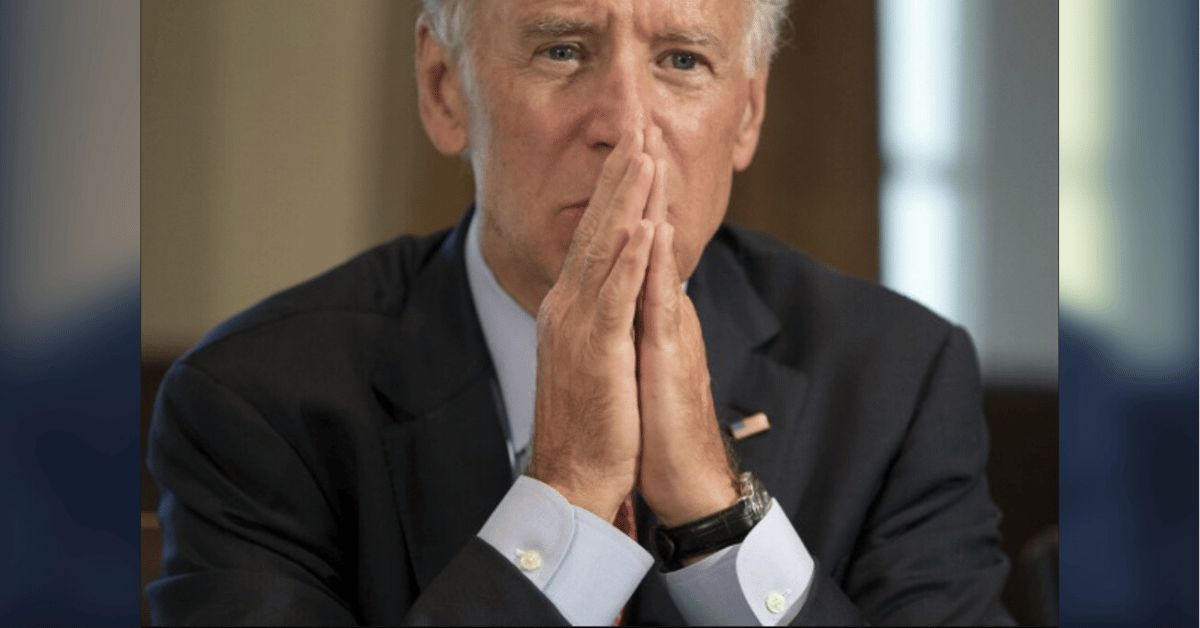
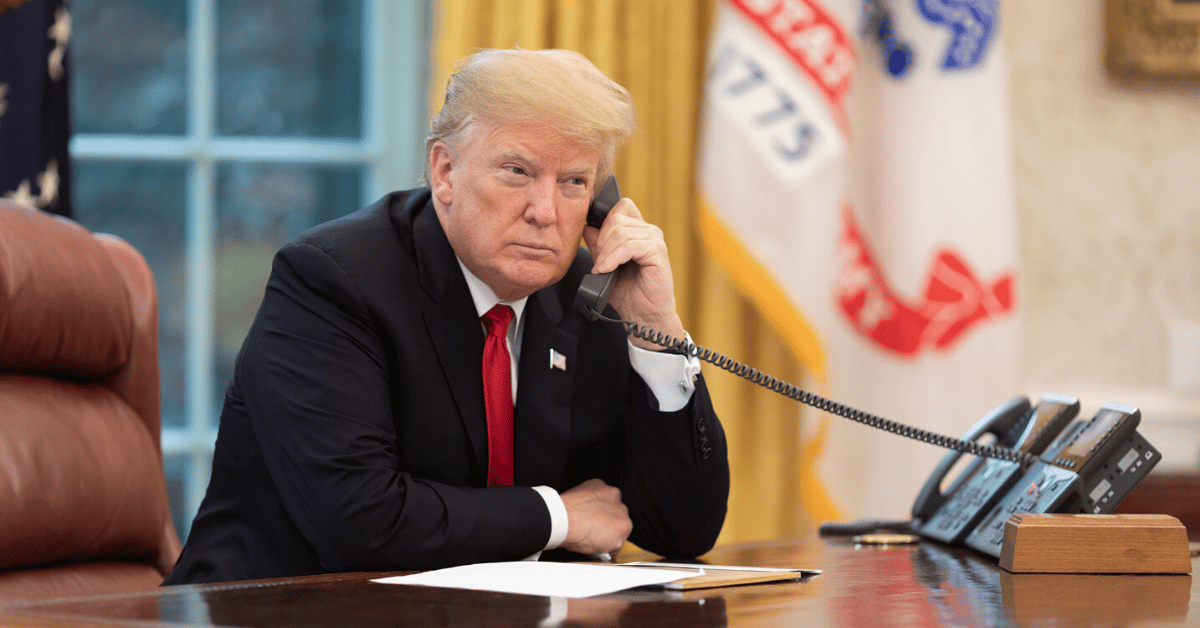


A significant ruling has designated the lower steps of the U.S. Capitol's eastern entrance as a public forum for First Amendment activities.
The Epoch Times reported that in a landmark decision, a federal judge declared the eastern steps of the U.S. Capitol open for public expressions like prayer and demonstrations.
On May 17, Chief Judge James Boasberg of the U.S. District Court for the District of Columbia issued a ruling in favor of Rev. Patrick Mahoney, an activist and pastor, affirming the right to use the lower Eastern steps for First Amendment expressions.
This decision emerged from a 28-page opinion, marking a pivotal change in how public spaces are utilized at the Capitol.
In September 2021, Rev. Mahoney sought a permit to hold a prayer vigil on the Capitol's Western Front Lawn to commemorate the 20th anniversary of the September 11 attacks.
His request was denied by the U.S. Capitol Police, citing security concerns post-January 6 events.
His legal challenge highlighted the perceived viewpoint discrimination by the Capitol Police, especially after a permit was granted to the American Conservative Union for a large gathering on the same grounds just months earlier.
Additionally, in August 2021, Rep. Cori Bush hosted a large demonstration on the eastern steps, furthering the argument of inconsistent permit approvals.
Initially, in 2021, Judge Boasberg sided with the Capitol Police in keeping the West Front Lawn closed to Rev. Mahoney. However, the continuous advocacy and legal pressure led to a reassessment of what constitutes a public forum at the Capitol.
The ruling specified that the lower portion of the eastern steps represents a traditional public forum. This distinction is crucial as it underscores the historical use of these steps for public assembly and discourse, aligning with First Amendment principles.
Chief Judge Boasberg noted, "Like the sidewalks immediately next to them, the steps are continually open, often uncongested, and a place where people may enjoy the open air or the company of friends and neighbors." He further emphasized that historically, such steps have served as venues for assembly and discussing public questions.
With this ruling, the Capitol Police are now prevented from restricting First Amendment activities on these steps and the adjoining sidewalks, thereby expanding the areas available for public demonstrations and expressions.
Rev. Mahoney plans to utilize this newly affirmed right to hold activities on specific significant days such as Good Friday, Thanksgiving, and Christmas.
His intention is to continue these practices annually, highlighting the ruling's long-term impact on public expression.
Chief Judge Boasberg's decision was met with applause from free speech advocates, including the Center of American Liberty, which praised the ruling as a victory for free speech on Capitol grounds.
They remarked, "Today's ruling from the court smashes that stranglehold, ensuring that every American—regardless of whether they have a member of Congress in their pocket—can exercise their right to free speech on the U.S. Capitol Grounds."
This judicial affirmation of the steps as a space for public expression not only highlights the evolving nature of public forums but also sets a precedent for future cases involving public spaces and First Amendment rights.
The decision is particularly significant as it clarifies the types of activities and the extent of areas where public expression is permissible. It serves as a critical reference point for future First Amendment debates and ensures that the Capitol remains a space where civic engagement and public discourse can flourish.
Moreover, this ruling is expected to influence how public spaces are managed and regulated, not only in Washington, D.C., but potentially across the United States, as it underscores the importance of accessible public forums in a democratic society.
As Judge Boasberg concluded, "In light of all this, the Court ultimately agrees with Plaintiff that at least the lower portion of the Eastern Steps on which he wishes to demonstrate are the kind of public property that has been historically associated with the exercise of First Amendment rights."
In conclusion, the ruling by Chief Judge Boasberg redefines the eastern steps of the U.S. Capitol as a venue open for diverse forms of public expressions, thereby reinforcing the fundamental American values of freedom of speech and assembly. This decision is a milestone in the ongoing dialogue about the balance between security and the preservation of civil liberties.</p > ```

